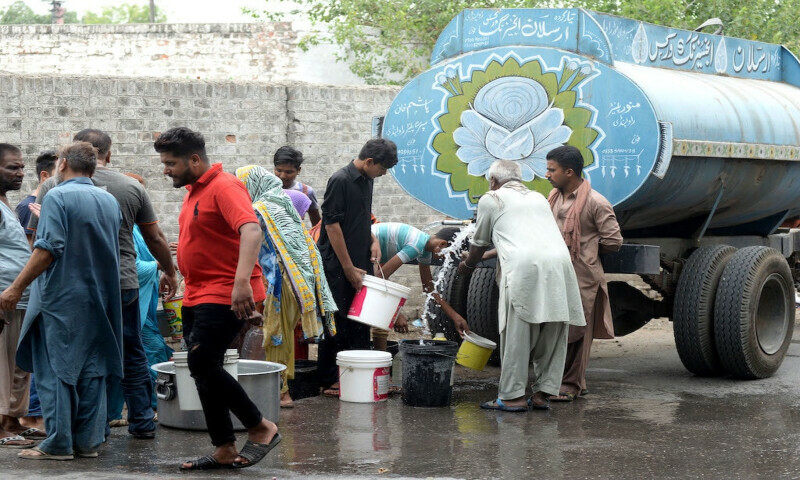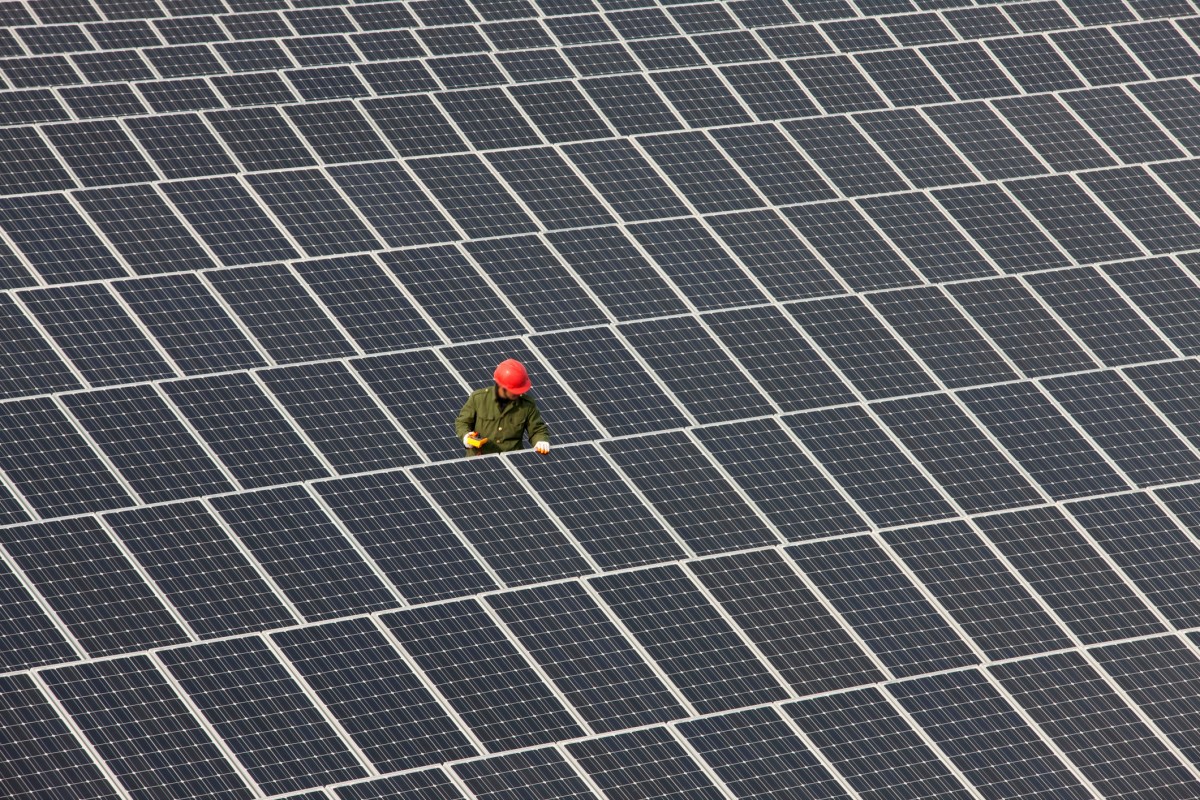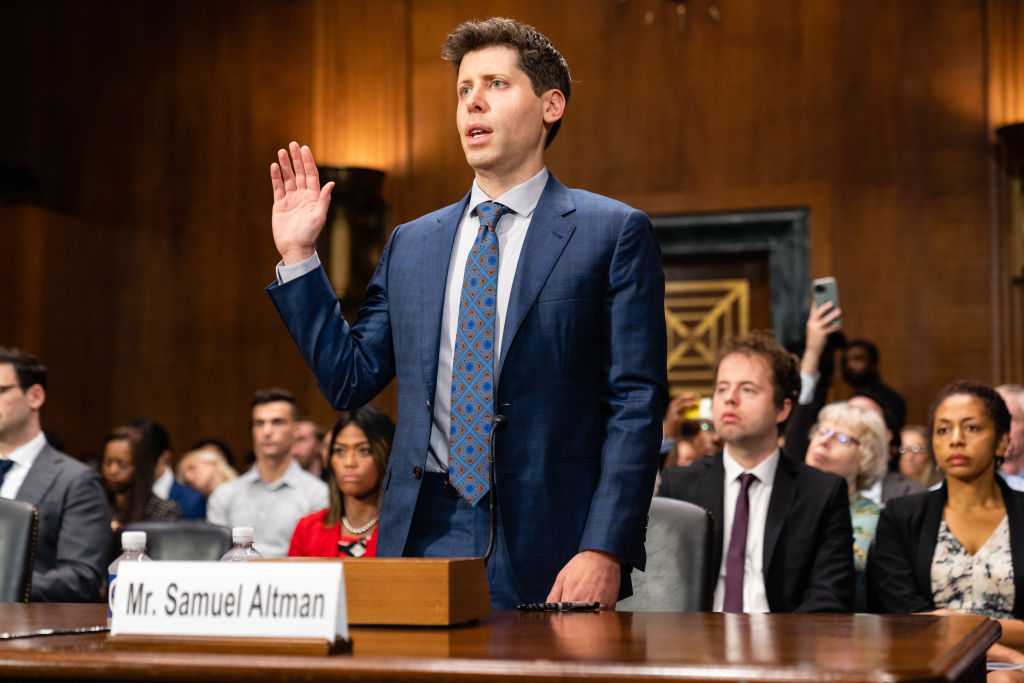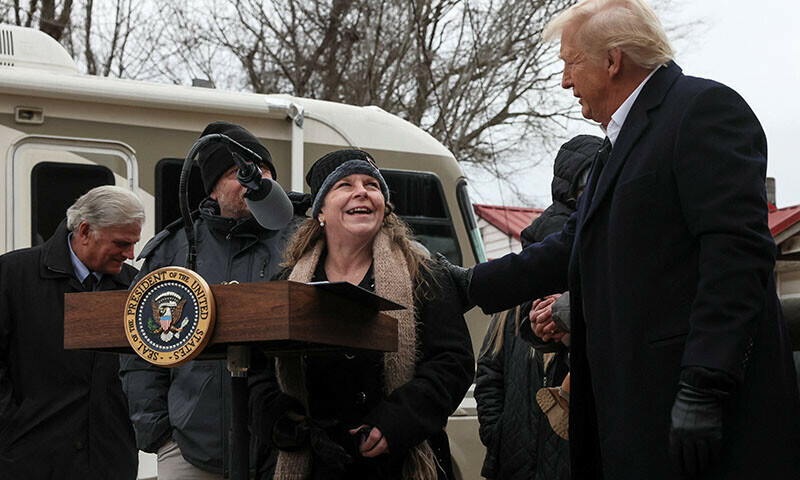ISLAMABAD: Raising the alarm over the water crisis, a Senate panel convened a critical meeting on Thursday to address the deteriorating water quality in the federal capital, which was declared one of the leading causes of diarrhoea among children.
The Senate Standing Committee on Climate Change and Environmental Coordination’s meeting centred on water contamination, inadequate infrastructure, and its dire consequences for public health.
Highlighting the crisis, the chairperson of the committee, Senator Sherry Rehman, revealed that nearly 9 million gallons of sewage water were discharged in Rawal Dam daily, severely compromising water safety.
Reports from the National Institute of Health (NIH) also painted a grim picture, showing that 41 per cent of bore water, 27 per cent of filtered water, and 33 per cent of supply water samples in Islamabad failed to meet safety standards.
NIH says 41pc of bore water, 33pc of supply water samples do not meet safety standards
Particularly concerning were findings from Sector G and Tarlai, where bore water samples were deemed entirely unsafe.
The committee also delved into the public health impact, noting that 93 per cent of diarrhoea cases among children in the city stemmed from contaminated drinking water.
In 2024 alone, the city recorded 158 suspected typhoid cases, a surge in Hepatitis A and E infections, and nearly 4,000 cases of dengue fever. Senator Rehman emphasised that these numbers underscored the urgent need for intervention.
However, the meeting highlighted a troubling lack of coordination among government bodies tasked with managing water quality and public health.
Senator Sherry Rehman criticised the tendency of institutions to shift blame rather than address the crisis collaboratively.
“This is a national challenge, not an isolated issue,” she asserted, calling for all agencies to work together in the citizens’ best interest.
Capital Development Authority (CDA) Chairman Mohammad Ali Randhawa, acknowledged the scale of the problem but pointed out severe funding constraints.
Against the allocation of only Rs60 million for a Rs6 billion public health project, he called for at least Rs3 billion to address the immediate issues plaguing Islamabad’s water treatment infrastructure and sewage systems.
To tackle these challenges, Sherry Rehman announced the formation of a coordination committee under the supervision of the Secretary of the Ministry of Climate Change. The committee, comprising representatives from all relevant agencies, had been tasked with resolving the water and sewage crisis within a month.
“This is not just about meetings and discussions,” Senator Rehman stated. “Our primary goal is to ensure clean drinking water for the citizens of Islamabad. The time for finger-pointing is over. It is essential for all agencies to set aside differences and prioritise public health,” she added.
Members of the committee underscored the need for swift action, as Islamabad’s water crisis served as a microcosm of broader national challenges. The committee observed that as the coordination committee began its work, citizens awaited tangible solutions to one of Islamabad’s most pressing public health challenges.
In attendance were senators Bushra Anjum, Shahzeeb Durrani, and Manzoor Ahmad Kakar, along with the chairman of the CDA and other senior officials. Senator Zarqa Soharwardi joined the meeting via video link.
Published in Dawn, January 24th, 2025





Leave a Reply